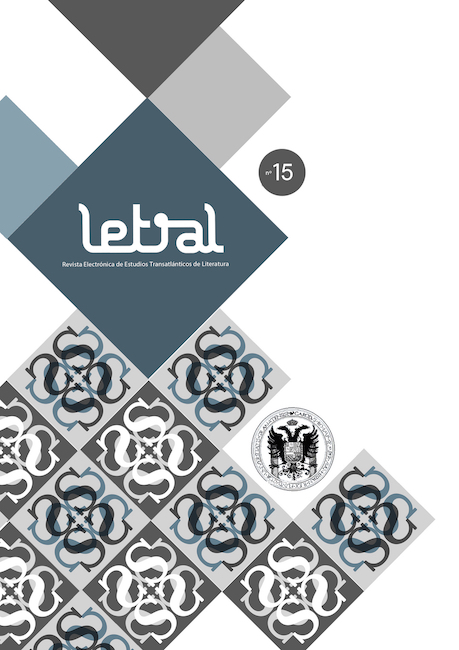Tools of the Mind: Una vía para construir conocimiento y lenguaje a través del juego
DOI:
https://doi.org/10.30827/rl.v0i15.4677Palabras clave:
“Tools of the Mind”, Constructivismo, Andamiaje de la escritura, Planificación del juego, VygotskyResumen
“Tools of the Mind” es un Proyecto en cuya creación se ha trabajado durante los últimos veinte años. Dicho proyecto se constituye sobre la base de las ideas de Vygotsky acerca del desarrollo cognitivo y las destrezas de lectoescritura en los niños más jóvenes. El proyecto se ha ido modificando teniendo en cuenta la adquisición de habilidades en los niños para aprender a aprender, con autonomía, mediante una filosofía que trata de inculcarles el pensamiento simbólico y el de la lectoescritura.Descargas
Citas
Bodrova, E. & Leong, D.L. (2007). Tools of the Mind: The Vygotskian Approach to Early Childhood Education. Upper Saddle River: Merrill/Prentice Hall.
Brown, H. Douglas (2000). Principles of Language Learning and Teaching. New York: Longman, Fourth Edition.
Duarte Riascos, Jerónimo (2013). “Reading through art for the worlds to come. A pedagogical take on the ever-present (and ever-pressing) question what can art do?”, en Letral, 10, 127-140.
Harmer, Jeremy (2001). The Practice of English Language Teaching. Essex:Pearson Education, (Third Edition).
Leong, D.J., Bodrova, E. & Hensen, R. (2002). Tools of the Mind Research Training Manual. New Brunswick: The National Institute for Early Education Research, Rutgers University.
Piaget, Jean (1972). The Principles of Genetic Epistemology. New York:Basic Books.
Prince, Shannon (2013). “Green and is the new black: a grammar of ecocritical readings in african american poetry and enviromental justice law”, en Letral, 11, 192-205.
Sommer, Doris (2008). “Arte y responsabilidad”, en Letral, 1, 128-144.Suárez Trejo, Javier (2014). “¡Las humanidades a la calle! Sobre el Colectivo Interdisciplinario TXT”, en Letral, 14, 124-139.
Vygotsky, Lev S. (1978). Mind in Society: The Development of Higher Psychological Processes. Cambridge: Harvard University Press.
Descargas
Publicado
Cómo citar
Número
Sección
Licencia
Revista Letral es una publicación de acceso abierto e inmediato totalmente gratuita, tanto para quien lee como para quien publica. Los autores y las autoras no pagan ningún tipo de tasa por el proceso editorial de sus artículos. Permitimos la lectura, descarga, copia, distribución, impresión, búsqueda, enlace o reutilización con fines no comerciales de todos los trabajos publicados, siempre que se citen la autoría, la revista y el órgano editor. Recomendamos encarecidamente la difusión de los artículos en redes sociales (Facebook, Twitter, LinkedIn, etc.) y científicas (ResearchGate, Academia.edu, etc.), repositorios institucionales universitarios y otros repositorios públicos, blogs y webs personales o institucionales, Google Scholar, ORCID, ResearchID, ScopusID, etc. En cualquier caso, la propiedad intelectual de los artículos y los posibles derechos económicos derivados de ellos son exclusivamente de sus autores.














